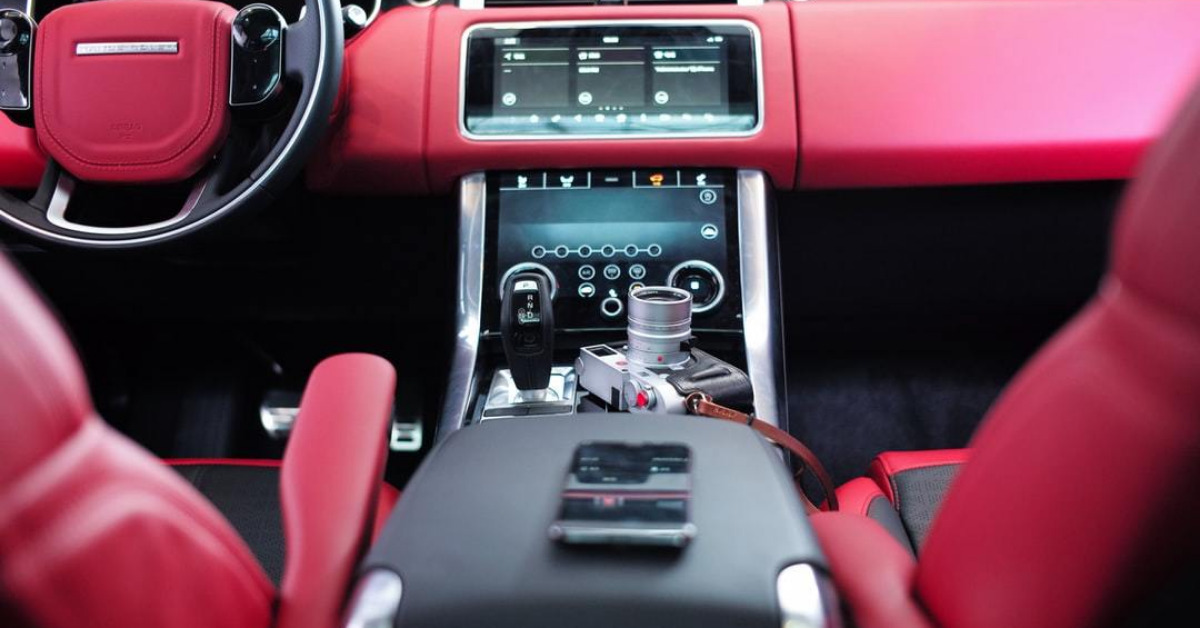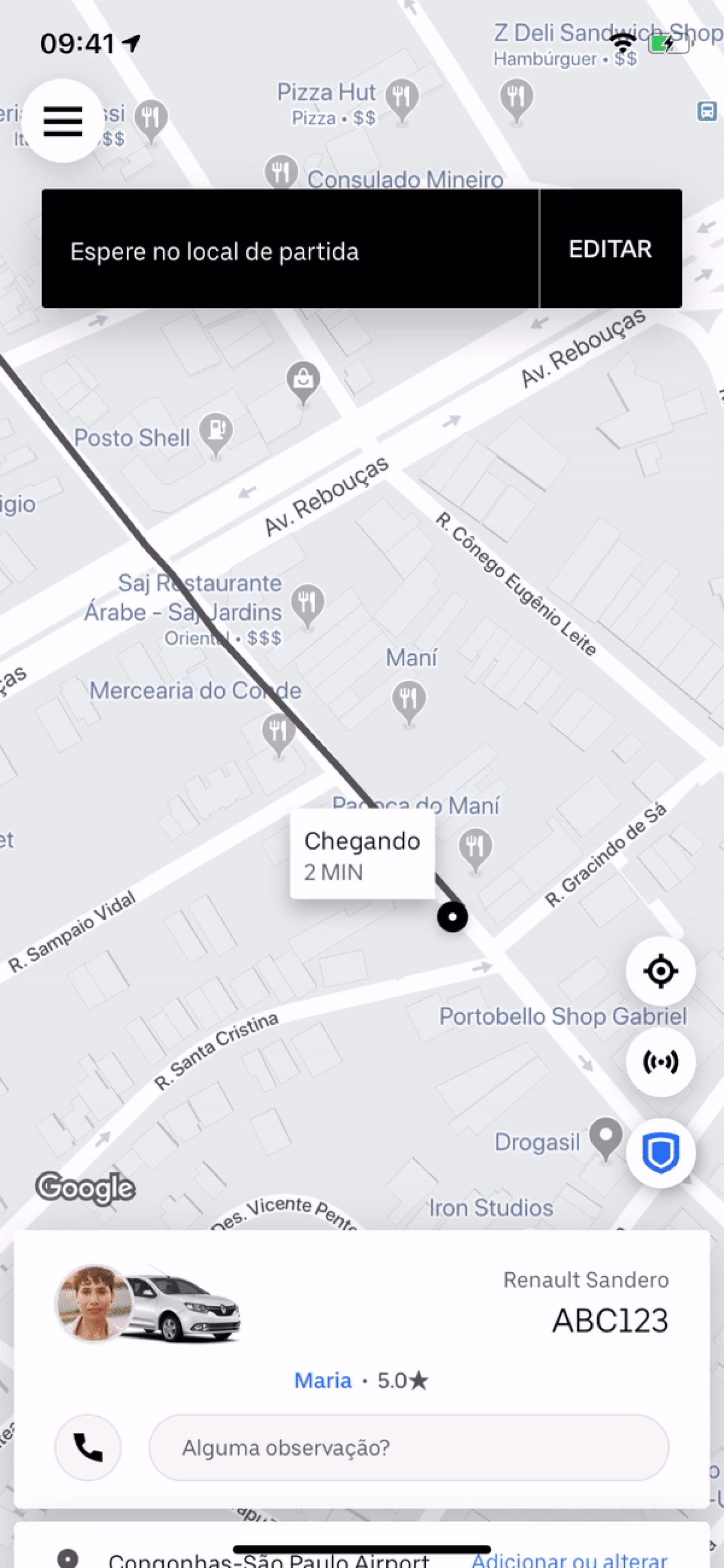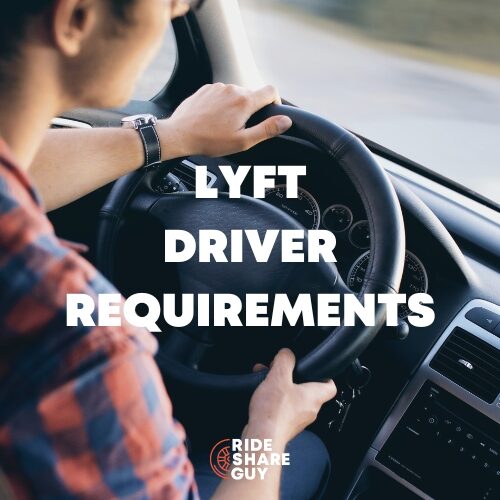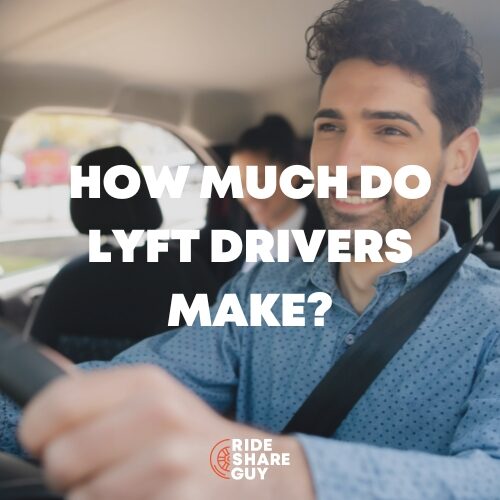Uber recently announced it will be recording driver and passenger interactions in Brazil and Mexico, rolling out to the US “soon”. RSG contributor Chonce Maddox Rhea outlines how this could work – and how it could benefit drivers in disputed interactions with passengers.
Due to the rising safety concerns regarding rideshare trips, your conversations with Uber passengers may start to be recorded. Uber is rolling out a new feature where users can record audio through the app during each trip.
This is part of Uber’s push for greater safety and the company announced they’ll be testing it out in some Latin American cities starting next month.

How the Feature Will Work
It seems like passengers and drivers will be able to record audio during Uber trips with a touch of a button using the safety toolkit feature in the app. Users will likely be notified that their trip can be subject to recording and that this feature is active in their particular area.

A rider’s view of the Brazil version of the trip audio recording feature Uber is piloting in Latin America via The Washington Post
After the trip, passengers will be asked how it went and if they’d like to report a potential safety incident. While Uber drivers and passengers can’t play back the audio recording, it is sent to customer support. From there, customer support can examine the audio to get a better idea of the incident and how to proceed. Local police can also request a copy of the encrypted audio files.
Although this brand new Uber feature will be tested in other countries first, Uber has confirmed to the Washington Post that it will be coming to the U.S. soon. It may be more difficult to bring this feature to certain states due to their laws surrounding consent when recording another person, but this could still start affecting you as a driver in just a few months.
Rising Safety Concerns
The whole reason behind Uber wanting to roll out this new audio-recording feature is promote a safe encounter between the driver and riders. In the past, there have been quite a few issues come up during drivers’ trips and Uber has often been blamed for these incidents along with any reported driver misconduct.
On the flip side, there have been several instances where drivers get kicked off the app without solid reasoning. Claims made on either side are not fully examined and addressed by Uber. This new audio feature can help serve as evidence to let Uber understand exactly what occurred during the trip.
The company also hopes it will stop unwanted advances and inappropriate behavior during rides. In addition to the audio feature, Uber has also launched in-app 911 dialing and automatic safety check ins when the vehicle doesn’t seem to be navigating on course during the trip.
Privacy Concerns
While Uber’s new safety feature may sound like it can help prevent certain issues on the surface, it also raises some huge privacy concerns. We’re not sure exactly when it will be available in the U.S. and I’m eager to see how things work out when this is tested in countries like Mexico and Brazil over the next few weeks.
I can see major red flags raised as the audio could pick up people’s private phone conversations during the Uber trip or collect other sensitive information not related to the company’s safety concerns for drivers and passengers. As a matter of fact, it’s considered a misdemeanor in some states to record a conversation without at least one involved party’s consent.
Federal law states that you can record a phone call or conversation so long as at least one party consents. This is probably why Uber can’t go around automatically recording audio during trips without having a driver or passenger opt in through the app – which equates to them giving consent to be recorded.
However, other states have their own laws that say both or all parties must consent to being recorded. I live in Illinois, which is one of those states that require all parties to consent. Other states with an all-party consent law include California, Connecticut, Delaware, Florida, Michigan, and Maryland just to name a few.
I imagine in these states it will be harder for Uber to roll their audio recording feature out. If it becomes a requirement in order to complete a trip, that will urge drivers and passengers to consent, but it will really depend on each person’s preference.
Using Dash Cams Is Still Crucial
The major downside of Uber’s audio recording feature is that drivers and passengers can’t play the footage back. I understand allowing this could raise additional privacy concerns especially if it’s shared with the wrong people, but it would also be helpful to relisten to the audio if a potential incident did occur so both parties can confirm on their end what was said.
Needless to say, this new aspect of the Uber app is not going to solve all your problems when completing safe and problem-free Uber trips. Driver safety is a huge topic and Uber and Lyft drivers definitely need to have a dash cam in their car these days.
A dash cam can help provide you with helpful footage that can serve as evidence if anything goes wrong with your trip whether it’s a minor accident or bad rider behavior.
It’s much easier all around to record video during your trips without major legal or privacy concerns but you want to make sure you’re still following all the compliance rules. Plus, your dash cam footage can supplement anything that Uber’s audio picks up during your trip.
Most dash cams come with their own mounting hardware so they are easily to install and start using. Once your memory is full, older footage will get deleted as new footage is recorded each day but it’s best to store at least a few days worth of footage on your dash cam. Check out our review of some of the best quality dash cams to consider here.
Uber’s new audio recording feature may seem like a step in the right direction in terms of promoting safer conditions and accountability for drivers and riders. However, the jury is still out regarding the privacy concerns in certain states and this won’t replace the need for a dash cam.
What are your thoughts on Uber possibly being able to record conversations during your trips? Do you really see it as a benefit to drivers?
-Chonce @ RSG




